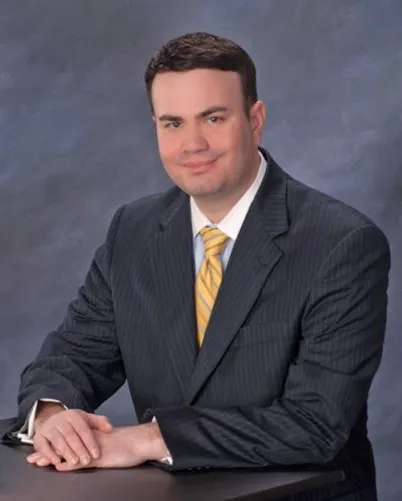Hi Everyone,
Happy Wednesday!!! It’s so nice that the foliage has arrived and we get to enjoy the beautiful colors that make New England so wonderful.
Jason and I are both keeping busy. Next week, you’ll find us at Tri-County and Milford High School for our Estate Planning Basics Seminars. More information can be found here. In preparation for such, we’ve started compiling Common Myths of Estate Planning.
1. If someone dies in Massachusetts and also owns real estate in another state, probate “only” has to be filed in Massachusetts.
· Probate must be filed in every state where you own property. However, creating a trust is an effective way to avoid exactly this. If you own properties in multiple states, trust-based planning is the way to go.
2. Children under the age of 18 can receive property “outright” under a will, life insurance policy, or retirement account.
· Minors cannot inherit money. Period. Therefore, anything left to a minor will need to be overseen by a conservator. Conservators are an administrative burden that can cause a lot of headache and additional legal fees. Whenever there is a minor child involved our firm utilizes a trust so that conservatorship can be avoided and a successor trustee will be able to instantly provide for that child without endless and needless entanglement of the probate court.
3. Having a will in place avoids probate.
· A will is actually the document that starts the probate process. If you have a will your personal representative will still need to go through probate to gain access of your assets for your beneficiaries. The benefits of creating a will are that you can name your personal representative and you can decide who your property goes to. However, there is still court entanglement and you are stuck on the court calendar.
4. Because we are married, my spouse is “automatically” empowered to handle my financial and health care decisions on my behalf if I cannot do so for myself.
· Nobody is automatically entitled to make financial and health care decisions on your behalf if you are incapacitated, even your spouse. A power of attorney allows somebody to make financial decisions for you in the event of your incapacity. A medical proxy allows somebody to make your medical decisions for you if you are incapable. These are all items we execute in our standard estate plan.
5. My will determines where “all” of my property goes.
· Property that has a beneficiary designation does not go through probate. A will stating that you give all of your property to Sally is not going to trump Jack as a listed beneficiary on a life insurance policy, etc. As a part of our process, we ensure that all of your beneficiary designations are in alignment with your overarching estate planning goals.
Now that you know these common estate planning misconceptions you can be sure to avoid them in the future! Be sure to contact us so you can be sure that your estate plan is meeting your overall goals and objective.
Until next time,
Amy
